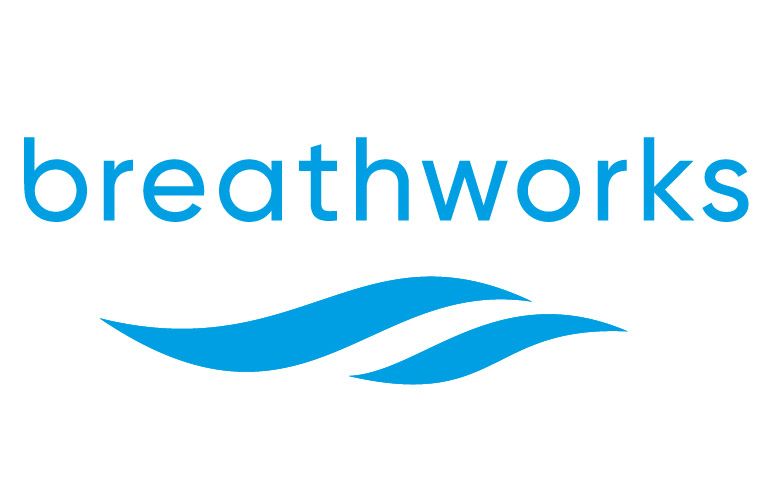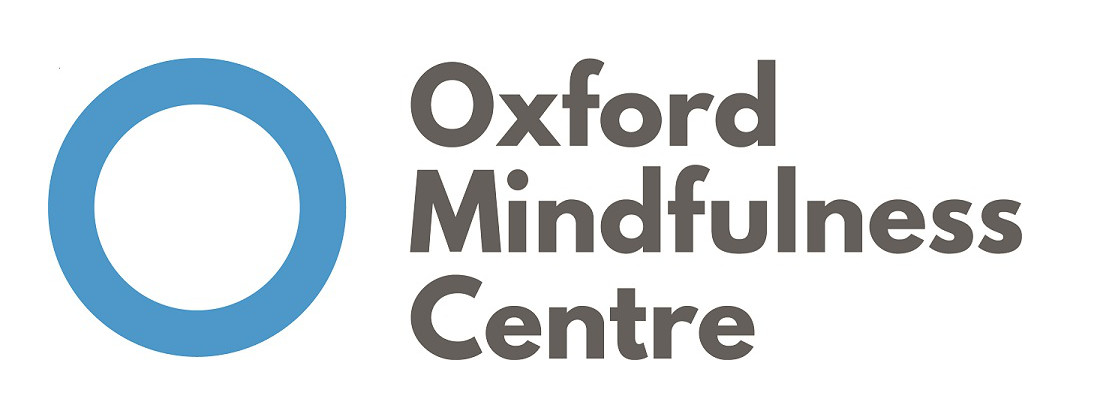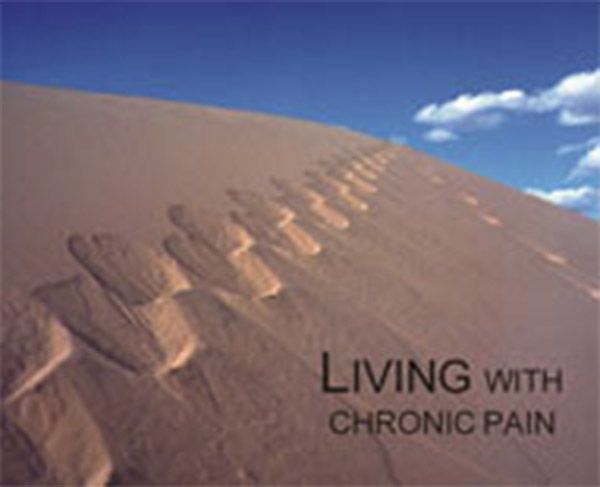Relaxation and mindfulness
There is plenty of evidence showing that relaxation and mindfulness can help people with difficult health problems such as persistent pain. For example, we know it can lessen pain levels, reduce stress and improve concentration.
So let’s look at how you can make a positive difference to your life and your pain by learning how to unwind your body and your mind . . .

1. Relaxation
What is relaxation?
Relaxation happens when you or someone else guides your mind to unwind the tension and tightness within your body.
Relaxation often involves using breathing skills and focusing the mind on relaxing images, colours or experiences.
Gentle tightening or stretching and relaxing movements with focus on the breath can also help to lessen the tension within the muscles and body.
Most people who have struggled with pain say that it is so important to learn relaxation. It helps to do it with support and keep doing it on good and bad days.
Learning relaxation can be easier than you expect and many people say they can feel positive results very quickly.
Some different types of relaxation to explore
Doing activities that help you unwind
Here are some suggestions:
- Gentle exercise programmes like Yoga, Tai Chi or Pilates
- Sitting in a beautiful garden and smelling the flowers
- Listening to a relaxation CD or app
- Listening to a favourite piece of music
- Taking a photograph of a beautiful scene
- Attending a local relaxation group, gym or self help group
- Listening to recorded nature sounds
- A warm bath and using scented oils
Breathing and muscle relaxations
- Belly breathing (also called diaphragmatic breathing)
- Progressive muscle relaxation
- On the spot reduction anxiety or anger reduction (OTSAR)
Distracting the mind’s attention
- Imagining a pleasurable activity like a walk in the countryside or along a beach can help shift your focus away from pain and other unpleasant feelings.
Time-out relaxation and Quick relaxation
two useful approaches that people with pain find helpful.
Find out more here
True story
How I discovered relaxation
Jacky was in a mega struggle with stress, bill payment problems and the worst of pain flare ups. Then her friend Dave made a suggestion that changed Jacky’s life . . .
Read more
What are relaxation and mindfulness?
Ollie Bray from Breathworks talks about the difference between relaxation and mindfulness and explains some of the science behind mindfulness
2. Mindfulness
What is mindfulness?
Mindfulness is being aware of your body and mind in the “now”. It is about noticing what you think, feel or want at this moment without being critical or judging yourself.
Mindfulness is about exploring with all your senses: taste, touch, sound, sight and smell.
- It guides you to see your thoughts as events in the mind rather than facts or truths.
- It allows you to choose how to respond to your thoughts rather than react to them.
- It helps you make kinder choices on how to manage your pain, your situation or your thoughts.
We now know from research that mindfulness helps us to live better with difficult health problems like pain, tiredness and so on. It also helps the brain to work better in many different ways, like improving memory or helping with attention so you focus and concentrate better. It is good for learning problem solving and being creative, so helps self management. Mindfulness practice helps to reduce stress hormones and so lessen moods like anxiety, depression and anger and our thoughts getting tied in with them.
How to learn mindfulness
There are lots of ways to learn. It just depends on how you learn best. You could:
- Get support from a friend or help from a mindfulness trainer.
- Access an internet course, read a guide book or work with a CD course.
- Join a local relaxation class or mindfulness meditation course and practice at home.
- There are also mindfulness movement courses that link breathing and movement together and are very helpful for stiff and tight muscles and bodies.
At the end of this footstep there are ideas and resources that you can explore. Give them a try and if you are struggling then find some professional help.
You could get support from a pain specialist physiotherapist, a talking therapist or a mindfulness teacher who can guide your relaxation and mindfulness skills.
Mindfulnes and how it can help with chronic pain
Vidyamala Burch from Breathworks explains
Four mindfulness exercises
Here are four useful mindfulness exercises that people with pain find helpful.
Find out more here
Useful resources
Breathworks website
Breathworks helps people living with pain, illness and stress to re-claim their lives, through mindfulness and compassion training including courses, products and teacher training, Their website is full of useful links and resources.

Oxford Mindfulness Centre
The Oxford Mindfulness Centre’s mission is to reduce suffering, promote resilience and realise human potential across the lifespan through mindfulness. Their website includes useful case studies, links and resources.

Self compassion
Having compassion for others means offering understanding when they fail or make mistakes, rather than judging them harshly. Self-compassion involves acting the same way towards yourself when you are having a difficult time. Instead of just ignoring your pain, you stop to tell yourself “this is really difficult right now, how can I comfort and care for myself in this moment?”
You can learn more about self compassion and how to practice it here:

Living with Chronic Pain
Living with Chronic Pain is a non-profit audio CD by clinical psychologist Neil Berry, for people with persistent pain. You can buy the CD, download it or listen to it – free – on his website.

Books
Living Well with Pain and Illness: The Mindful Way to Free Yourself from Suffering
by Vidyamala Burch, Piatkus Books 2008
(also available as an audiobook, with downloadable meditations)
Mindfulness for Health: A practical guide to relieving pain, reducing stress and restoring wellbeing
by Vidyamala Burch and Dr Danny Penman, Piatkus Books 2013
(available in both print and audiobook formats)
The Mindful Way through Depression: Freeing Yourself from Chronic Unhappiness
by Mark Williams, John Teasdale, Zindel Segal and Jon Kabat-Zinn, Guilford Publications

Relaxation and mindfulness
Key ideas
✔ Mindfulness and relaxation can lessen pain levels, reduce stress and improve concentration
✔ Learning relaxation skills can be easier than you expect
✔ Mindfulness helps in many ways, such as improving memory or attention so you can focus and concentrate better